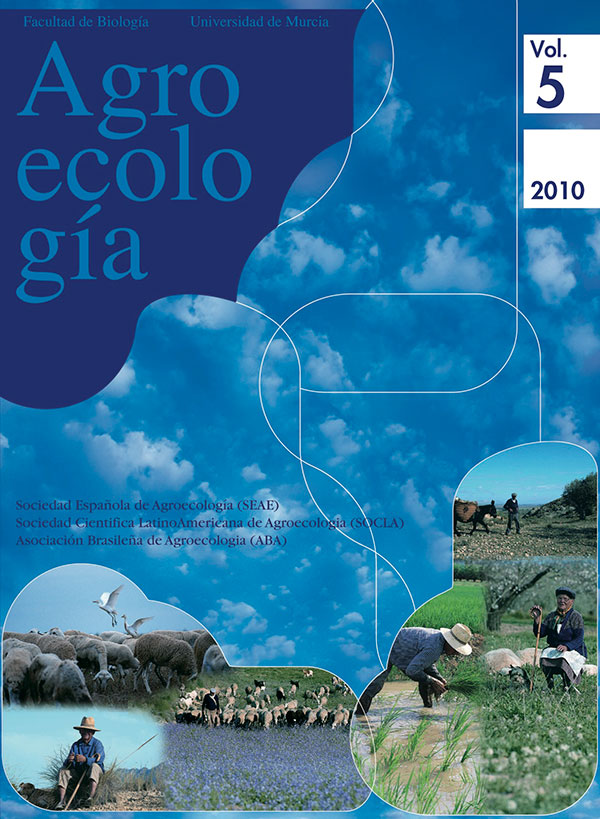Ecological considerations in the design of integrated weed management programs
Abstract
During the last 60 years, weed management has focused in achieving the goal of eradication of all undesired species, mainly through the use of herbicides. Recently, this approach to weed management has been highly criticized due to its high environmental, social, and economic costs. In response to these objections, there is a growing consensus on the need of developing alternative weed management programs based not only on understanding the factors that condition weed abundance and impact, but the ecological and social consequences of such programs. In this context, integrated weed management can be defined as a decision-making process that coordinates different technological approaches with environmental information and knowledge on weed and crop biology and ecology. This article explores the ecological principles associated with the integrated management of agricultural weeds and discusses the factors that limit the adoption of such programs. Agroecology can contribute to the development of integrated weed management programs if it adopts a holistic perspective on the analysis of the mechanisms determining the abundance, dispersion, and impact of agricultural weeds. Such knowledge should be integrated with educational programs on ecological approaches to weed management that take into account the need and knowledge of the targeted audience.Downloads
Las obras que se publican en esta revista están sujetas a los siguientes términos:
1. El Servicio de Publicaciones de la Universidad de Murcia (la editorial) conserva los derechos patrimoniales (copyright) de las obras publicadas, y favorece y permite la reutilización de las mismas bajo la licencia de uso indicada en el punto 2.
2. Las obras se publican en la edición electrónica de la revista bajo una licencia Creative Commons Reconocimiento-NoComercial-SinObraDerivada 3.0 España (texto legal). Se pueden copiar, usar, difundir, transmitir y exponer públicamente, siempre que: i) se cite la autoría y la fuente original de su publicación (revista, editorial y URL de la obra); ii) no se usen para fines comerciales; iii) se mencione la existencia y especificaciones de esta licencia de uso.
3. Condiciones de auto-archivo. Se permite y se anima a los autores a difundir electrónicamente las versiones pre-print (versión antes de ser evaluada) y/o post-print (versión evaluada y aceptada para su publicación) de sus obras antes de su publicación, ya que favorece su circulación y difusión más temprana y con ello un posible aumento en su citación y alcance entre la comunidad académica. Color RoMEO: verde.





